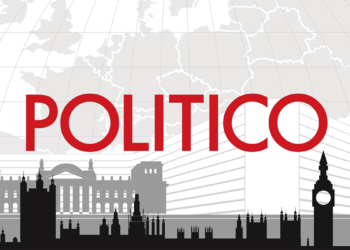Spain prosecutor seeks dismissal of corruption case against Sanchez’s wife
Prosecutors in Spain have requested the dismissal of a corruption case against Prime Minister Pedro Sanchez’s wife that prompted him to announce he is considering resigning. Madrid’s prosecuting...
Read more































